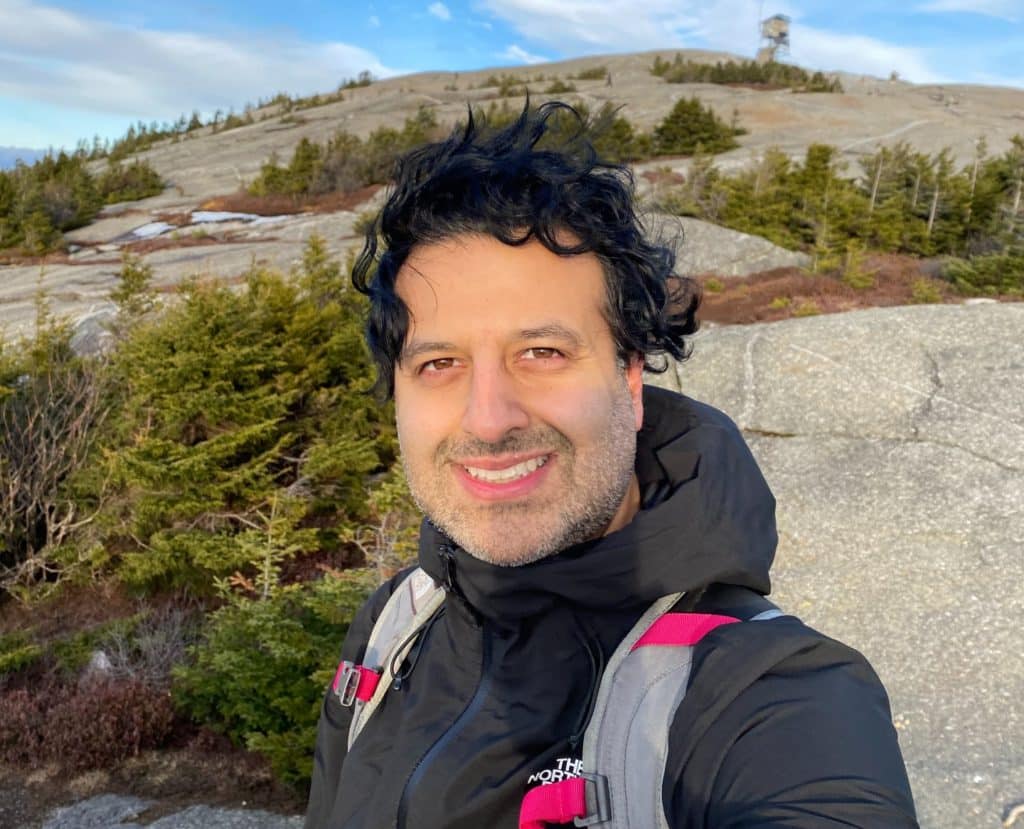
Like many psychiatric residents, I have read endlessly about the benefits of psychotherapy for mental illness. I have provided therapy myself to many patients. However, interning in a residential facility which hosts patients with few other options, has been a real eye opener for me. I have found that a tremendous amount of work goes into treatment here, both by providers and by patients. Interactions are intimate, subtle and profoundly meaningful. The power of active listening, emotional validation and eliciting information in a nonjudgmental manner is not lost on me. Therapy consists of sharing real life experiences, purposeful progression and encouragement every step of the way. After my experience here, I do not think it can be any other way. It seems a multi prong approach is necessary to fight the anxiety and depression the patients are dealing with. For example, OCD can be severely debilitating. It takes courage and faith on the patient’s part to tackle their compulsions. I’ve learned it is difficult to challenge OCD without a supportive environment and having good morale. It is not as simple as a quick fix with some medications and some exposure response prevention (ERP) treatment. There are lifestyle changes involved and perseverance is needed. The patient’s family support and academics are just part of the overall picture.
My respect for the patients and their providers has grown over the course of my rotation at MVTC. Treatment for the patients may at times feel slow or even futile because of the nature of the illness they are suffering from. But with vigorous therapy and positivity, it seems the illness eventually succumbs to the will of the patient. They learn to master their problems to the point of being able to live with them, if not completely getting rid of them. They regain the peace of mind and function they once enjoyed. It is truly humbling and joyful to see this transition taking place.
The experiential learning of various therapies for OCD, anxiety and depression has been very beneficial for me. When I read about these treatments or refer a patient for treatment, I am more appreciative of what that entails. I can visualize the frustration the patients might be having or the fear they may be experiencing, dealing with their mental illness head on. I am also more aware of the belief in themselves, they are leaning on, for the tasks in front of them. I feel I will be a stronger source of support for my patients now than I was before my rotation at MVTC.


